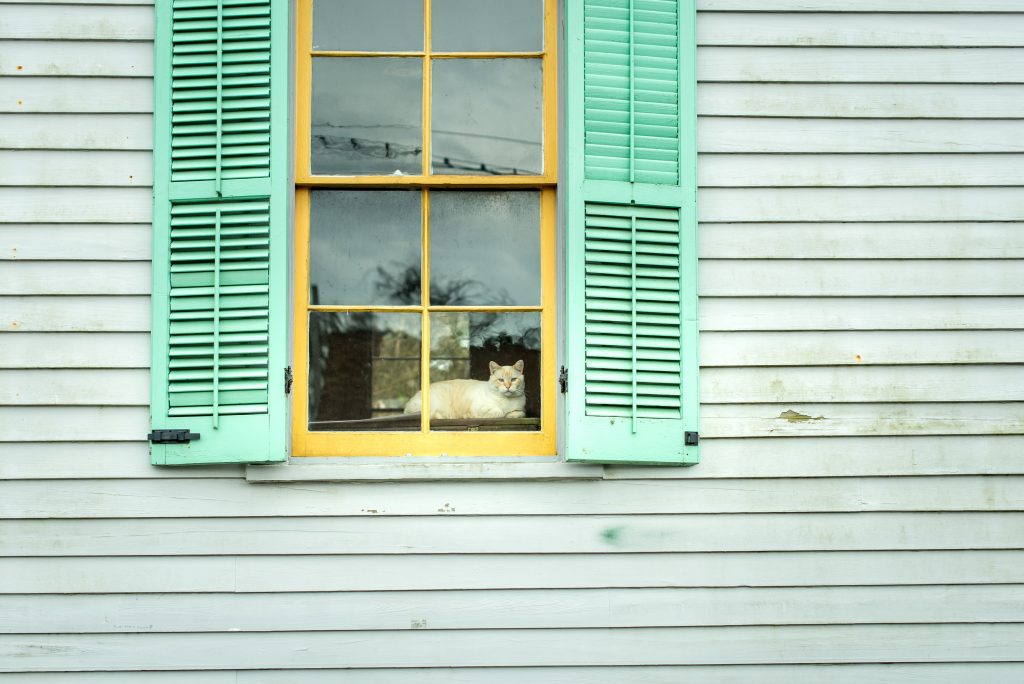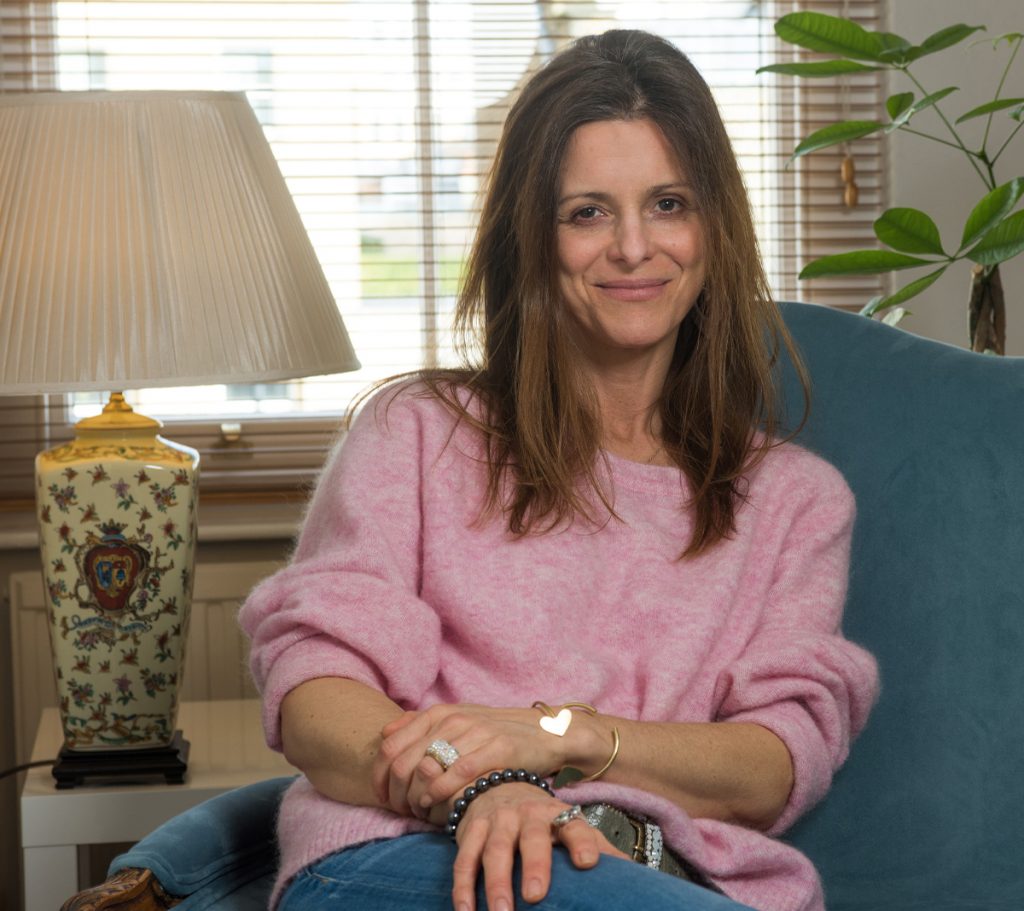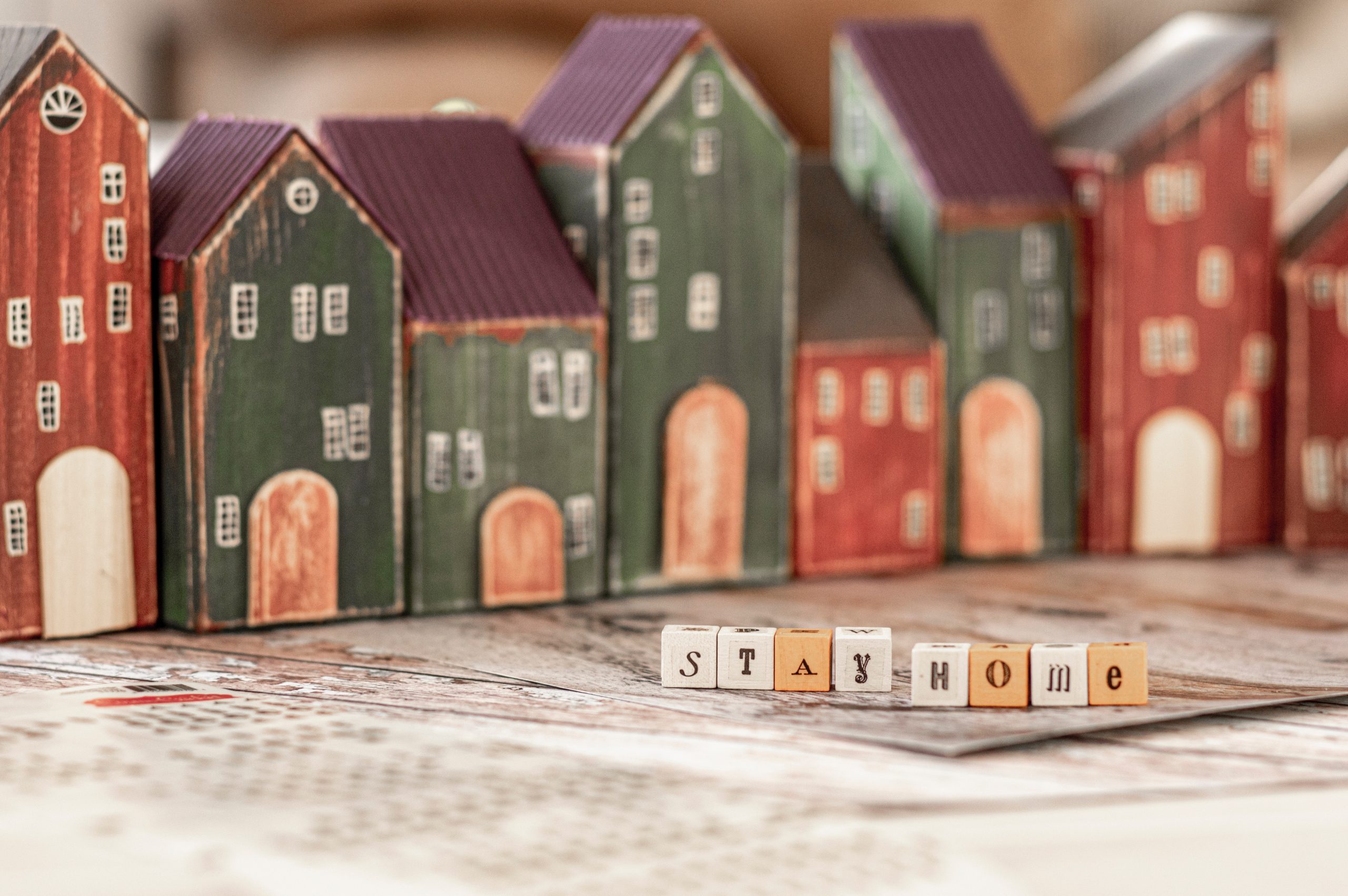Lucinda recently spoke to Glamour Magazine about feelings of ‘cabin fever’ during lockdown and how we can combat these feelings.
Whilst cabin fever is not a real diagnosis, and that is important to understand, many people at the moment are becoming tired, listless, and irritable from having had to stay home for so many months – and this feeling is certainly real.
We are social creatures, and the lack of social connection is greatly contributing to this, along with lack of purpose, routine, predictability, a loss of sense of time and the loss of our “normality”. Physiologically this is because our ventral vagal nerve (otherwise known as the social connection system) is not being activated nearly so frequently as when we live our lives in the company of other humans as a matter of every day. When the ventral vagal ceases to be activated, the dorsal vagal steps in and we feel down in the dumps. If this continues, we can feel even more low.
This is physiological, and not because there is something wrong with us.

Below are some ways that we can help to counter this:
1. Help activate your ventral vagal nerve (and thus move away from the dorsal vagal) to do this, try any or all of the following: any diaphragm activation such as singing, or breathing (breathe in for 4, breathe out for more (a longer count than the inbreathe)), laughing, connecting through the eyes (facetime), or stretching both arms really high above the head with the hands clasped together, and feeling the stretch of our entire torso – and then releasing.
2. Getting out of the house for a walk. Walking – the left/right motion – really helps to process our emotions from the day, and if we process them rather than leaving them stagnant in our bodies, we will feel better. Running is good if you’re a runner – no need to start running if you are not.
3. Making a plan for a socially distanced walk with a friend. I cannot emphasise enough our need for connection as humans. Our head might be telling us we don’t need to make the effort – but our system will thank us afterwards because we will feel a bit better. Even introverts need a certain level of human connection to prevent the dorsal vagal from taking over.

4. Find a sense of purpose; even if it’s a small one and even if it feels a bit silly to you. Do it anyway. It might be a big purpose, it might be a small purpose – it doesn’t matter.
5. Doing something for someone else. Is there anyone in your street who needs shopping delivered for them? Sometimes, stepping outside of our comfort zone and our now cabin fever zone to help another person can help us too.
6. Create a routine of some sort, even if it’s as bonkers as 10am – make a cup of tea; 1.30pm make soup. 3pm watch Netflix.
7. Move the body. This helps everything. Either just in the home, or by going for a walk outside. Or Yoga. Or dance.
8. Meditation is fantastic. If we are new to mediation, just taking time to notice how it feels sitting on a chair, or feeling the washing up liquid on our hands as we do the dishes – this is mindfulness mediation in action. If we have done mediation before, now is a great time to get back to it. Regular mediation teaches the amygdala (our threat and danger detector) to not react so quickly or so often.

9. See if you can listen to what you need in today. It might be different to what you needed yesterday. We have different needs on different days.
10. If things feel really too much, and the above tips feel insurmountable, do think about getting in touch with a professional for some 1:1 help that is much more tailored to just you.
Author: Lucinda Gordon Lennox
Trauma Specialist MSc (Reg MBACP, FDAP Accred)





